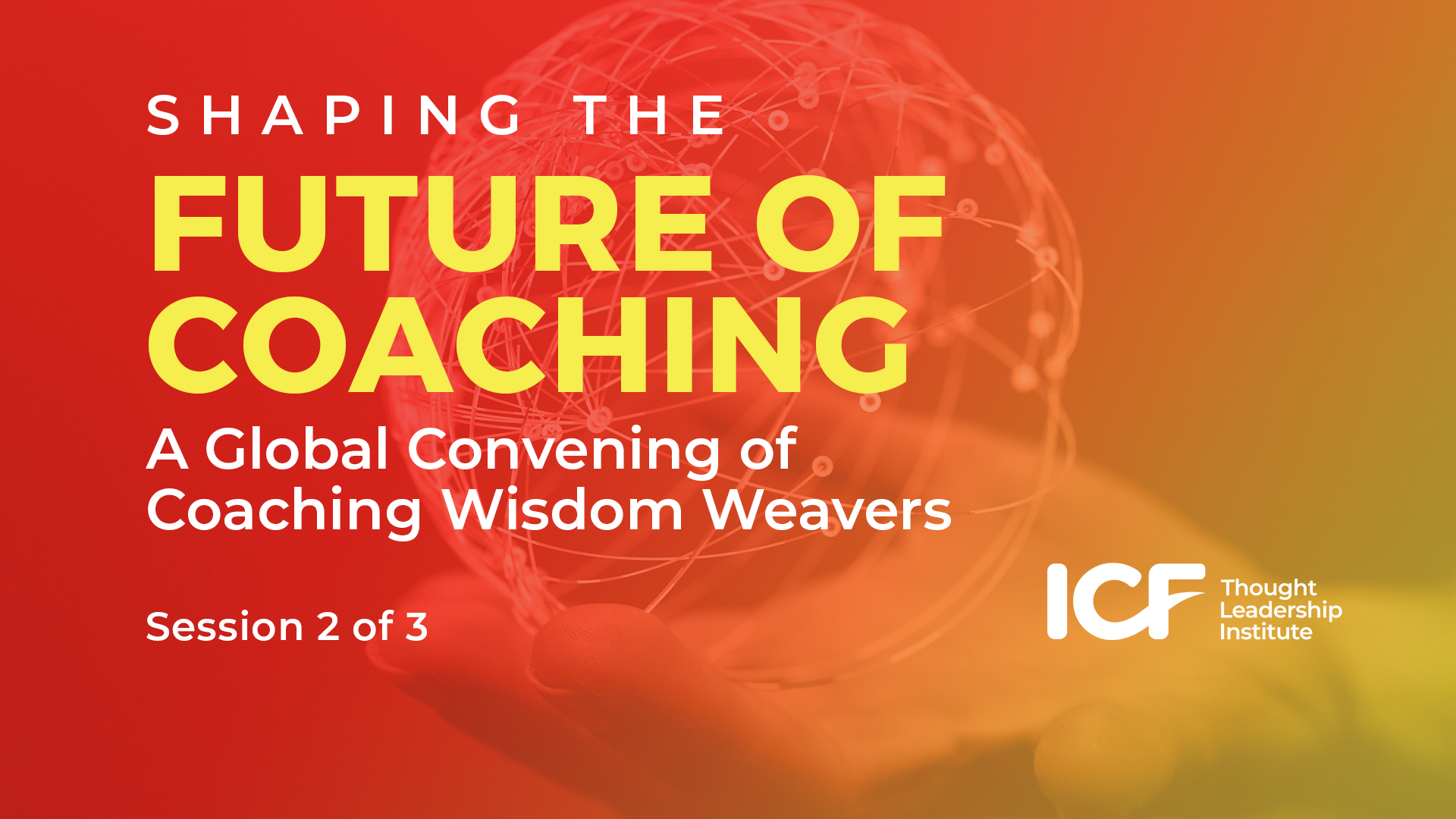Coaching women in the workplace lifts barriers and reduces burnout
In 2020, one in three mothers considered leaving the workforce, according to McKinsey & Company’s annual Women in the Workplace study. Wisdom Weaver Margaret Moore discusses the positive role coaching plays in reducing burnout for women in the workplace.
Challenge:
Women face increasing levels of burnout in the workplace
Opportunity:
Coaching plays a positive role in reducing burnout
Impact:
Coaching helps women advance in their careers
Wisdom Weaver
Cultural expectations and gender norms hinder women’s career advancement
Cultural expectations and gender norms impact women’s personal lives and hamper their advancement in the workplace. In her talk, Wisdom Weaver Margaret Moore outlines the different ways society shapes how women should perform in leadership roles and the barriers that inhibit women from attaining executive leadership positions.
Career advancement and mobility can be especially challenging for working mothers because they may not have the support at home to prioritize their careers. Margaret explains, “it’s really tough for women to be senior in global [companies] because you [have to] move countries… a lot of people don’t have the ability to change countries with family roles.” Understanding how social and familial expectations contribute to workplace inequalities can help coaches support women as they work to advance their careers.
Coaches can help women navigate inequalities in the corporate pipeline
Throughout her discussion, Margaret referenced McKinsey & Company’s annual Women in the Workplace study that examines women’s working conditions. McKinsey and LeanIn.Org have conducted this annual study since 2015, interviewing over 40,000 people across nearly 600 participating organizations. Through in-depth interviews, researchers explored how women, including women of color, LGBTQ+ women, and women with disabilities, fared during COVID-19 in 2020.
What they found was alarming. Almost one in three mothers considered “downshifting” their careers or leaving their jobs entirely, reporting fatigue from being “always on” between work and parenting now that boundaries between these two roles have faded. Women in senior-level positions were 1.5 times more likely to leave their positions than men. The research also found that women of color were more likely to be laid off during the pandemic than other demographic groups.
The Women in the Workplace study illuminates progress women have made in advancing from entry-level to leadership roles, a progression known as “the corporate pipeline.” Between 2015–2020, the share of women in SVP roles grew from 23 to 28 percent, and in C-suite roles, their share grew from 17 to 21 percent.
Despite these gains, women remain vastly underrepresented in the workplace, especially women of color. Men outnumber women in almost every aspect of the corporate pipeline. Margaret describes this as a “broken rung” within the pipeline; the McKinsey study reveals that “for every 100 men promoted to manager, only 85 women were promoted. The gap was even larger for some women, [where] only 58 Black women and 71 Latinas were promoted.”
Coaches can help women overcome inequalities in the workplace by:
- Helping women identify ways to address fatigue and burnout stemming from work-life imbalance
- Providing women with career-advancement resource ideas, such as seeking out senior-level mentorship opportunities
Coaches reduce pandemic burnout
According to the McKinsey study cited above, women have been disproportionately affected by burnout compared to men during the Covid-19 pandemic. However, Moore explains the positive impact that coaches and the coaching profession have had regarding burnout. Through the pandemic, coaches help people improve their “awareness, improve their resources, renew their energy, and increase their confidence,” says Margaret.
Looking at the contextual factors impacting women and especially women of color, Margaret proposes coaches adopt a multi-faceted approach. She explains,
“If we are going to actually tackle helping people reach full potential with all these kinds of disadvantages in their social context, it’s going to take more than coaching.”

As an example of coaching in partnership with systems-level change, Moore explores the Doordash “Elevate” program for women of color. Professional coaching was more impactful for these women because they had sponsors, attended workshops, and were invited to leadership meetings they might not normally be invited to attend. As more women are empowered and equipped to lead, the company culture will also shift to encourage better recruitment of qualified and engaged women from diverse backgrounds. “The culture [of the organization] has a huge impact on how [people] view coaching,” Moore concludes.
Coaching and the United Nations Global Goals
The importance of promoting gender equality and diversity within organizations corresponds with Goal 5 from the United Nations, which calls to achieve gender equality and empower all women and girls. Women play a prominent role in every aspect of life, especially in response to the Covid-19 pandemic, as front-line health workers, caregivers, response managers, etc. However, a noticeable gap between men and women in leadership positions remains, especially in higher-level positions in most professions. Coaching is a compelling resource for organizations to strengthen current staff and prioritize gender diversity and equality.
About this Convening
Forty-one Wisdom Weavers from across the globe gathered to share their thoughts and observations on Shaping the Future of Coaching across three separate Future of Coaching Convenings in September 2021. Learn more about the participants and topics covered in this Convening.
For the complete report and research recommendations, see Boyatzis, R.E., Hullinger, A., Ehasz, S.F., Harvey, J., Tassarotti, S., Gallotti, A., & Penafort, F. (2022). The grand challenge for research on the future of coaching. Journal of Applied Behavioral Science. DOI: 10.1177/00218863221079937




